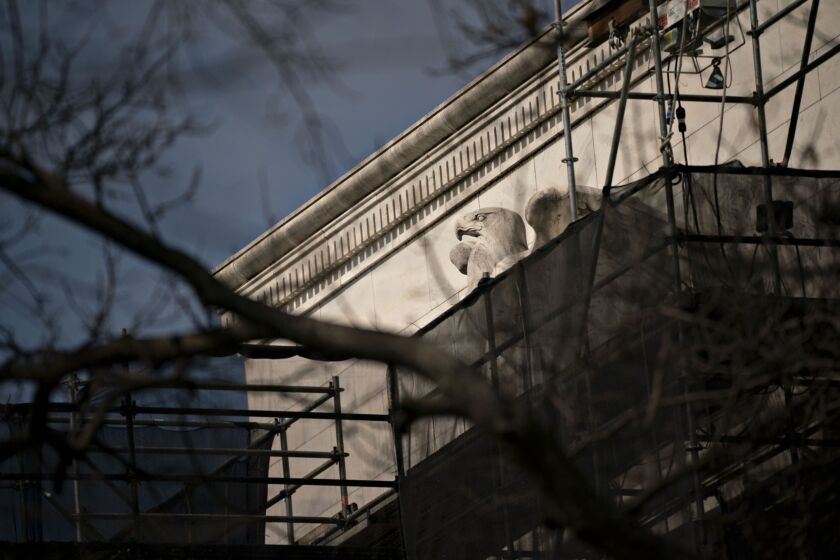Gov. Phil Murphy’s administration places nearly $1 billion of discretionary spending in reserve through the 2021 fiscal year amid economic struggles from virus.
The $2 trillion deal passed by the Senate late Wednesday would aim to put banks and consumers alike on stronger financial footing as they weather the coronavirus pandemic.
Detroit-based mortgage giant Quicken Loans could be facing a cash crunch in coming weeks and possibly need temporary emergency federal assistance if lots of borrowers stop making payments on their home mortgages during the coronavirus pandemic, according to a news report.
The Disaster Emergency Funding Board, authorized in 1973, will consider Gov. Gina Raimondo's request for up to $300 million short term borrowing.
The Internal Revenue Service posted a frequently asked questions page about the recently announced delay in tax filing and payments until July 15 because of the novel coronavirus pandemic.
There was a nearly 30% week-to-week decline in loan applications as Americans reacted to the uncertainty, both economic and medical, from the spread of COVID-19, according to the Mortgage Bankers Association.
Banks and credit unions should make it their top priority to pair with the central bank in distributing financial relief to small businesses, even if that means putting everything else on hold.
The rating agency, citing severe ridership drops from COVID-19, dropped its rating to A-minus from A. It assigns a negative outlook.
As companies move work off-site because of the pandemic, a host of issues have arisen around remote access, network monitoring and cybersecurity.
The central bank will prioritize monitoring and outreach while reducing examination activity due to the coronavirus pandemic until at least the end of April.

















